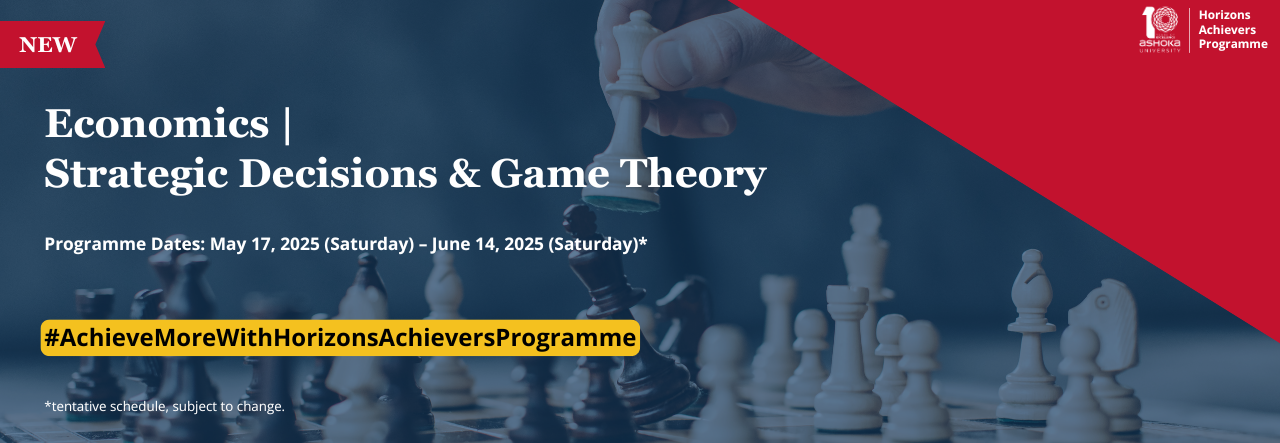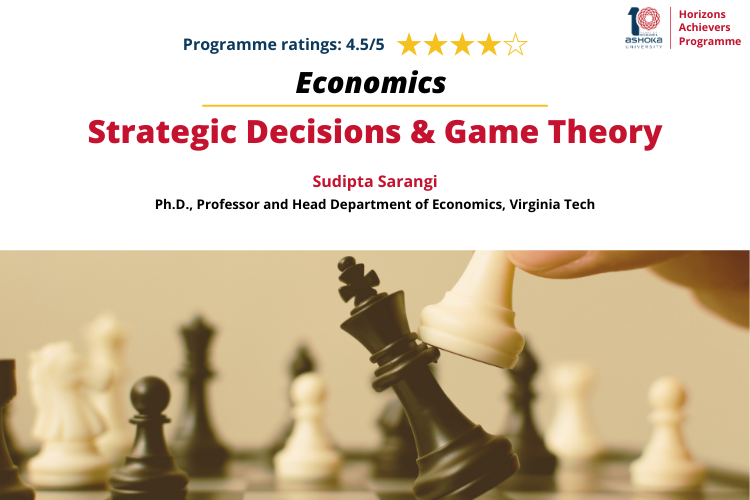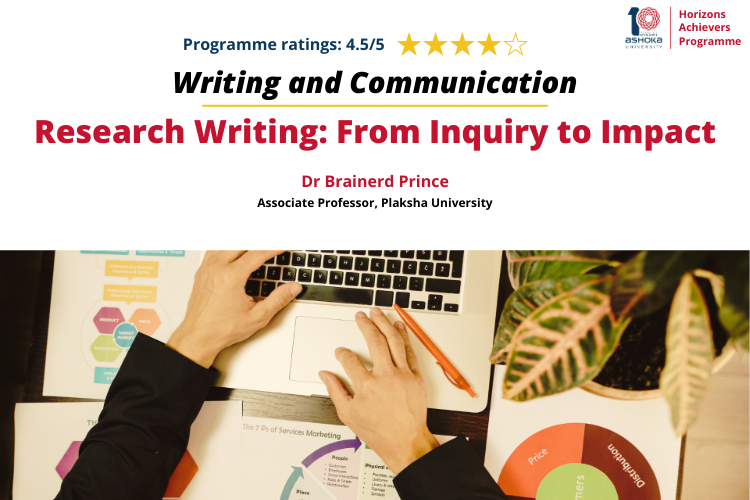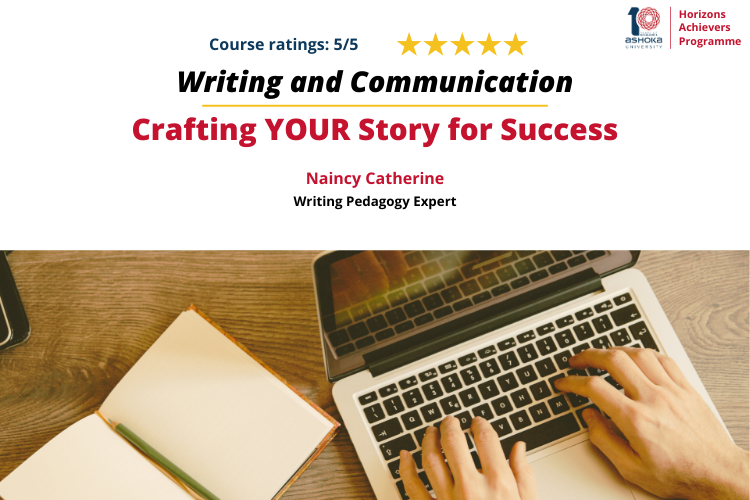Imagine you and your best friend are deciding between going to a concert or an amusement park for the weekend. The catch? You can’t talk to each other about it. Your enjoyment depends on both of your choices. How do you make your decision? Do you trust your friend to make the same choice as you, or do you try to outsmart each other?
This simple dilemma introduces us to the intriguing world of game theory. A game, in this context, is any rule-governed situation where the final outcome depends on the actions of more than one person and in today’s complex world, is a basic life skill. The study of game theory has led to numerous breakthroughs in different fields such as economics, political science, and biology. The future applications of game theory are constantly evolving – from improving market efficiency to designing artificial intelligence to understanding social networks, game theory can be seen as a powerful tool for strategic decision making in different fields.
Strategic Decisions and Game Theory is a live interactive course that offers a comprehensive introduction to the principles of game theory and the art of strategic decision-making. You will explore key concepts and important ideas, including ideas of von Neumann, Nash, Schelling and other contemporary economists with real-life illustrations, in this course. You will study how these ideas apply to real-life situations, such as competition among private corporations, conflict among countries and other everyday phenomena like how to play Tic-Tac-Toe and Rock-Paper-Scissors to splitting a restaurant bill and preventing your shoes from getting stolen at your local place of worship.
You will learn basics like types of games, strategies, payoffs and equilibrium behavior and decode the role of information and why who moves when matters in a game. You will deep dive into the ubiquitous nature of game theory and analysis of real scenarios where decisions depend on others’ choices. This would include understanding the role of strategic interactions in shaping our world, especially for global politics, climate change and other similar phenomena. All in all, you will work on a capstone project to apply game theory concepts to a functional or real-world situation.
Curriculum is empty

Sudipta Sarangi
0.0
0 total
5
4
3
2
1






